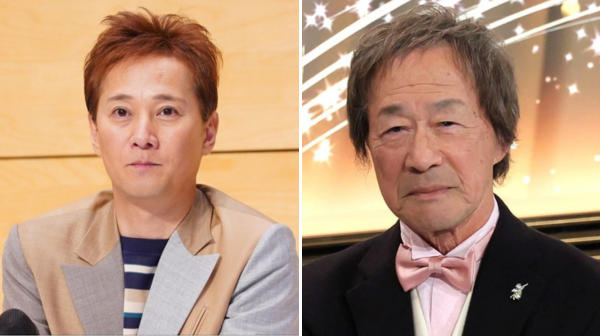In a recent commentary that has ignited widespread debate, Ben Shapiro has criticized the casting and production choices behind Disney’s live-action remake of “Snow White.” The film, which features Rachel Zegler in the titular role, has faced backlash over its perceived departure from the beloved original, released in 1937. Shapiro’s scathing remarks highlight what he sees as a fundamental misstep in casting Zegler, a talented Hispanic actress, to portray a character whose iconic description is “skin as white as snow.”
 The controversy intensified as Zegler, in various interviews, dismissed the original film as outdated, stating her version of “Snow White” focuses on themes of self-empowerment rather than romantic love. Critics argue that her comments undermine the essence of a character that has enchanted audiences for generations. Furthermore, Zegler’s remarks about deserving compensation for long hours in costume have been perceived as indicative of a lack of reverence for the role.
The controversy intensified as Zegler, in various interviews, dismissed the original film as outdated, stating her version of “Snow White” focuses on themes of self-empowerment rather than romantic love. Critics argue that her comments undermine the essence of a character that has enchanted audiences for generations. Furthermore, Zegler’s remarks about deserving compensation for long hours in costume have been perceived as indicative of a lack of reverence for the role.
The film’s production struggles have not only drawn ire from fans but also led to creative decisions that many feel dilute its charm. The classic Seven Dwarfs have been replaced with CGI creations or average-sized humans, a change that has been critiqued for straying too far from the original narrative. This reimagining, combined with a staggering production budget of around $270 million, has resulted in disappointing box office returns, with the film earning only $43 million in its opening weekend—far below initial projections.
Shapiro’s critique resonates with a growing audience that feels the film’s attempts at modernization disregard the timeless qualities that make “Snow White” a classic. As discussions about the film’s failures continue online, the broader implications of this remake signal a turning point in Hollywood’s approach to reviving cherished stories. The fallout from Disney’s “Snow White” serves as a cautionary tale about the risks of straying too far from beloved narratives in the quest for modern relevance.

